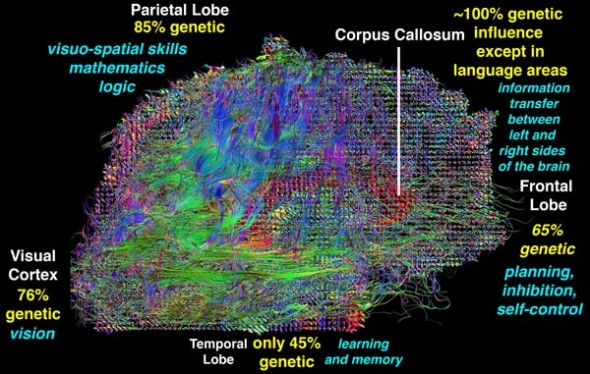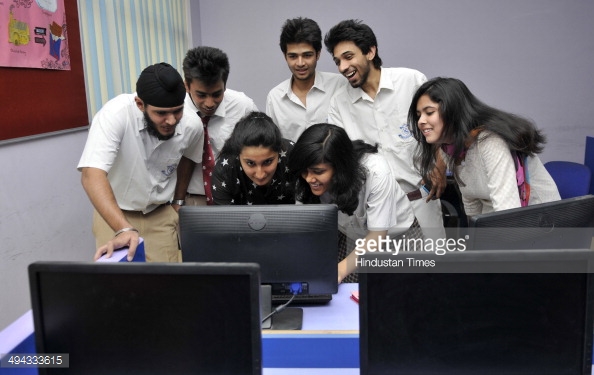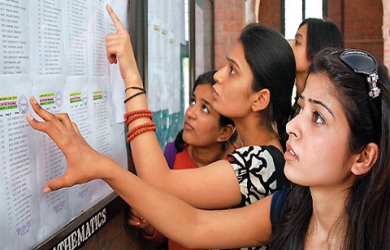
Uplifting thought processes!
As human beings, we are endowed with all kinds of skills at varying levels. However, some exams test certain skills more than the others; hence, students endowed with a modicum of the relevant skills tend to do better in those exams.
Next, the varied skills and their levels that we are endowed with is a result of the varied characteristics of each individual’s brain since the brain is literally the ‘command and control center’ of higher organisms. These individual characteristics also result in different IQs in humans.
Therefore, to a great extent certain abilities are endowed. However, the brains of toppers are a little different compared to an average individual. As a result, toppers may be able to come up with solutions faster than an average aspirant; in addition, sometimes, they may come up with an innovative solution too.
For example, a class of 40 students given the same assignment produces different outcomes. Some students are able to do the assignment, perhaps, due to their better skills and, also, the way they think which many people don’t account for. We have a term of this; it’s called lateral thinking. Also, some do it quicker than others due to their higher processing speeds and other factors. So the ‘one size fits all’ approach doesn’t work in JEE prep and mentoring becomes an essential component for success. Please see Is a Mentor necessary in JEE prep?.
To a significant extent, the lack of ability can be mitigated by working hard but given the limited time and the vast JEE syllabus, it is difficult for a student at the bottom of the class to top it unless he has the innate ability. Please note that I’m not saying that the student can NEVER become good but it is the lack of time at his disposal that prevents him from preparing well enough to overcome the odds. After all, there are many aspirants who work hard for 2+ years and, yet, are unable to overcome the odds, let alone top the JEE Advanced.
The repetition of a task makes a person better and better but that requires dedication and time. A student may have the former but only a limited amount of the latter. And, perhaps, that is why many students begin their JEE prep early (before Class 11) or drop/repeat and fare better in the subsequent attempt.
As mentioned in the image above, our naturally endowed abilities do play a significant role since 85% of the visuo-spatial skills, mathematics and logic are inherited. But, Nature has left us a tantalizing 15% for us to supplement through hard work and practice!
However, that doesn’t mean that everybody who works hard for ‘x’ number of years will succeed in getting into an IIT. This is because, frequently, this ‘hard’ work is misunderstood to be school work. In fact, in my opinion, it has nothing to do with school but it has everything to do with extra-curricular work that helps improve our logical reasoning and other relevant skills in general. Playing chess, for example, is one of them. Even regular physical activity has been shown to enhance mental capabilities!
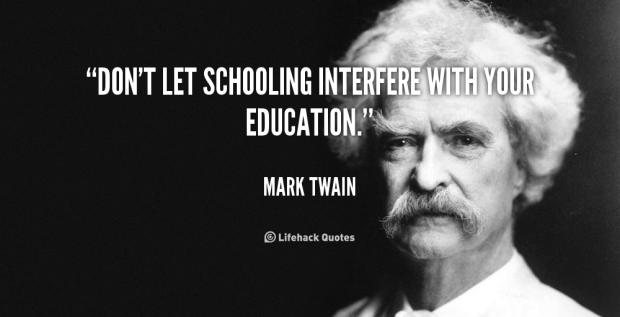
This brings up another point. Just because a topper has used certain resources/methods to do well in the JEE doesn’t mean an average aspirant can use the same methods successfully because the tools (read the attributes of the brain) that the topper has at his disposal are different. Therefore, the average aspirant needs to first check whether the same resources/methods would benefit him.
For instance, a potential JEE topper may be directly able to attempt Irodov in Physics whereas an average aspirant would first have to begin with his coaching class material, then work the questions given in HCV/Resnick and, finally, move on to Irodov. This is also the part where working hard comes in when an aspirant gradually and painstakingly enhances his skills to finally manage to solve Irodov. This has also been mentioned, albeit briefly, in
This suggests that toppers can be a great source of inspiration but not necessarily a great source of information because they may not be able to fathom the difficulties that an average aspirant faces. Taking an example from sports/athletics, often we hear that great players usually don’t become good coaches whereas average players become great coaches and can produce the best results from average players.
Next, a Board exam checks whether you know the answers to the questions given in the recommended books whereas JEE tests your ability to reason logically by applying the PCM concepts. In addition, the Boards test a student’s skills at a much lower level compared to the JEE.
Therefore, as shown in the image above, learning and memory can be improved significantly since only 45% is inherited whereas 55% depends on the hard work one is willing to put in. This suggests that a student can improve his Board result significantly by working hard, i.e., studying the same material repeatedly. In contrast, I believe the JEE tests your logic, visuo-spatial skills, mathematics, learning and memory by checking whether you can apply the concepts to questions from PCM.
Thus, in short, I believe that it is a combination of IQ and hard work and not just any one of these factors that enable an aspirant to crack the JEE. However, I would consider guidance too as an enabling factor; therefore, it is a combination of IQ, hard work and, perhaps, guidance that enables an aspirant to crack the JEE. Please see Is a Mentor necessary in JEE prep?
On a related issue, the toppers have proved their expertise in a certain area. But, that does not mean that they are gifted in other areas of intelligence too. Please see Theory of multiple intelligences
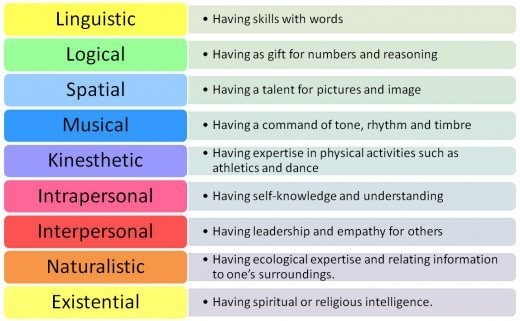
Therefore, an average aspirant may beat a topper in a different area. It’s just that these skills/abilities are not being tested in the JEE.
If you found this post helpful, please don’t forget to like/share it. Also, if you have a specific query, we are available for a consultation. You can contact us in two ways:
- You can email us through Contact OR
- You can Inbox your query on our fb page, Mentoring JEE Aspirants.
All the best!

